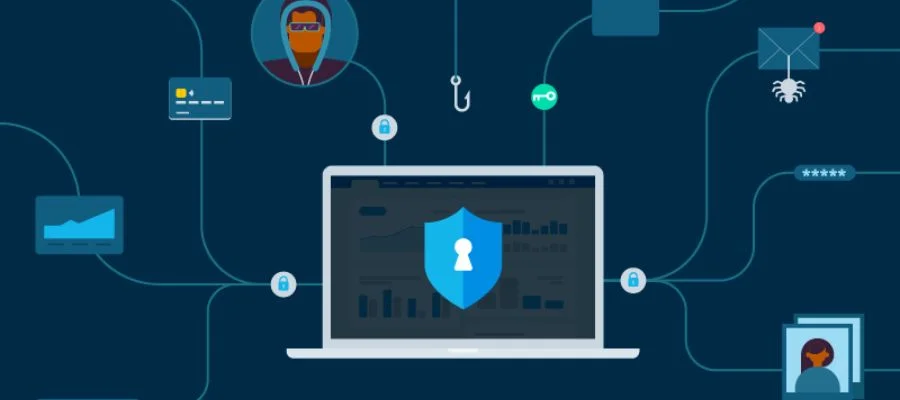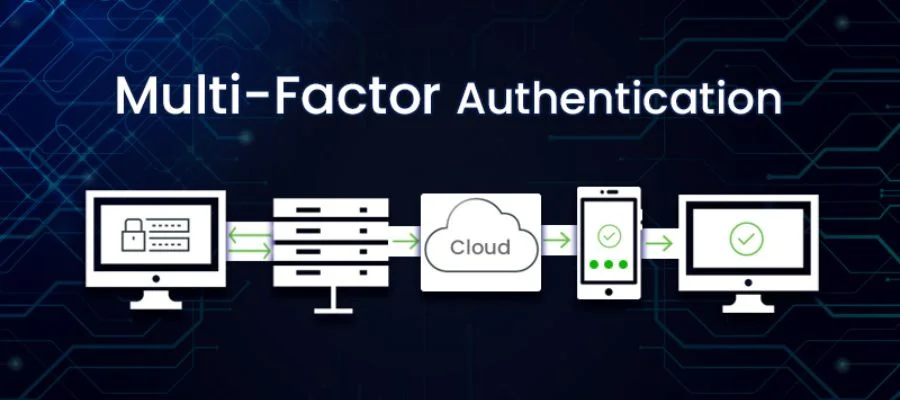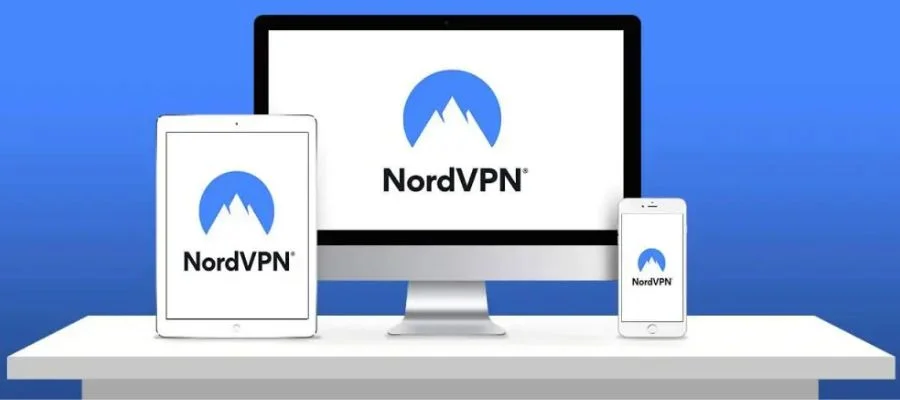
best authentication for VPN
Best Multi Factor Authentication Vpn – Virtual Private Network (VPN) services are designed to provide users with an additional layer of online security and privacy. A VPN encrypts a user’s internet connection and creates a secure tunnel between the user’s device and the internet, making it difficult for cybercriminals to intercept the user’s data. However, even with a VPN, users are still vulnerable to cyber attacks such as phishing and hacking. This is where multi-factor authentication (MFA) comes in, providing an additional layer of security to ensure that only authorized users can access the VPN service.
One of the best multi factor authentication VPN services available today is NordVPN.
This type of VPN is best suited for individuals or businesses that require a fixed IP address to access certain online services or applications. Best dedicated IP VPNs also provide a better performance, faster speeds, and increased security. Read on to learn more about the best multi factor authentication VPN, VPN for multi factor authentication and best mfa VPN.
What is Multi-Factor Authentication?
The term “multi-factor authentication” (MFA) refers to a type of security procedure that calls for more than one form of user ID before granting access to a resource. This process provides an additional layer of security and ensures that only authorized users can access sensitive data and information. MFA typically includes a combination of something the user knows (such as a password), something the user has (such as a mobile device), and something the user has (such as a fingerprint).
The advantages of using the best multi factor authentication Vpn

multi factor authentication Vpn
The best multi factor authentication VPN is an additional layer of security that requires users to provide two or more pieces of information to authenticate their identity. This process typically involves something the user knows, such as a password, and something they have, such as a security token or smartphone. NordVPN’s MFA adds an extra layer of security to its VPN service, making it more difficult for unauthorized users to access your data.
When enabled, NordVPN’s MFA requires users to enter their password and then confirm their identity using a one-time code sent to their mobile device. NordVPN’s MFA has several advantages over traditional VPNs that only require a password for authentication. Here are a few of the benefits we’ll examine in more detail:
Enhanced Security
The primary advantage of using NordVPN’s best multi factor authentication VPN is enhanced security. MFA makes it more difficult for hackers or cybercriminals to access your data, even if they manage to obtain your password. By requiring a second form of authentication, NordVPN’s MFA ensures that only authorized users can access your data.
Greater Convenience
While the best multi factor authentication VPN may seem like an additional step, it can actually make the VPN experience more convenient. By enabling MFA, you won’t have to worry about constantly changing your password to ensure your data is secure. Instead, you can rest assured that your data is protected with a combination of a strong password and a one-time code sent to your mobile device.
Protection Against Phishing Attacks
Phishing attacks are a common way for cybercriminals to steal user credentials. They typically involve tricking users into entering their usernames and password into a fake website that looks like a legitimate one. With the best multi factor authentication vpn, even if a user falls for a phishing attack and enters their password on a fake website, the cybercriminal won’t be able to access their data without the one-time code sent to the user’s mobile device.
How Nord VPN’s multi-factor authentication works

VPN del Norte
Enabling NordVPN’s MFA is straightforward. First, you’ll need to download the NordVPN app on your device and create an account. Then, follow these steps:
Step 1: Enable Two-Factor Authentication
Log in to your NordVPN account and go to the ‘Account’ tab. Under the ‘Security’ section, click on ‘Two-Factor Authentication’ and then turn on the feature. You’ll be prompted to enter your phone number to receive the one-time code.
Step 2: Download the Authentication App
Download a compatible authentication app such as Google Authenticator, Authy, or Duo Mobile on your mobile device. NordVPN recommends using Google Authenticator.
Step 3: Scan the QR Code
Open the authentication app and scan the QR code displayed on the NordVPN website. This will link your NordVPN account with the authentication app.
Step 4: Enter the One-Time Code
Whenever you log in to NordVPN, you’ll be prompted to enter the one-time code generated by the authentication app.
Conclusión
The best multi factor authentication VPN feature is an excellent tool for enhancing online security and privacy. With NordVPN’s MFA, users can rest assured that their data and information are protected, even if a hacker gains access to their password. The ease of setting up NordVPN’s MFA and the flexibility it offers make it an ideal choice for users looking to add a layer of security to their VPN service. For more information on the best multi factor authentication VPN service, visit Hermagic.
preguntas frecuentes











































































